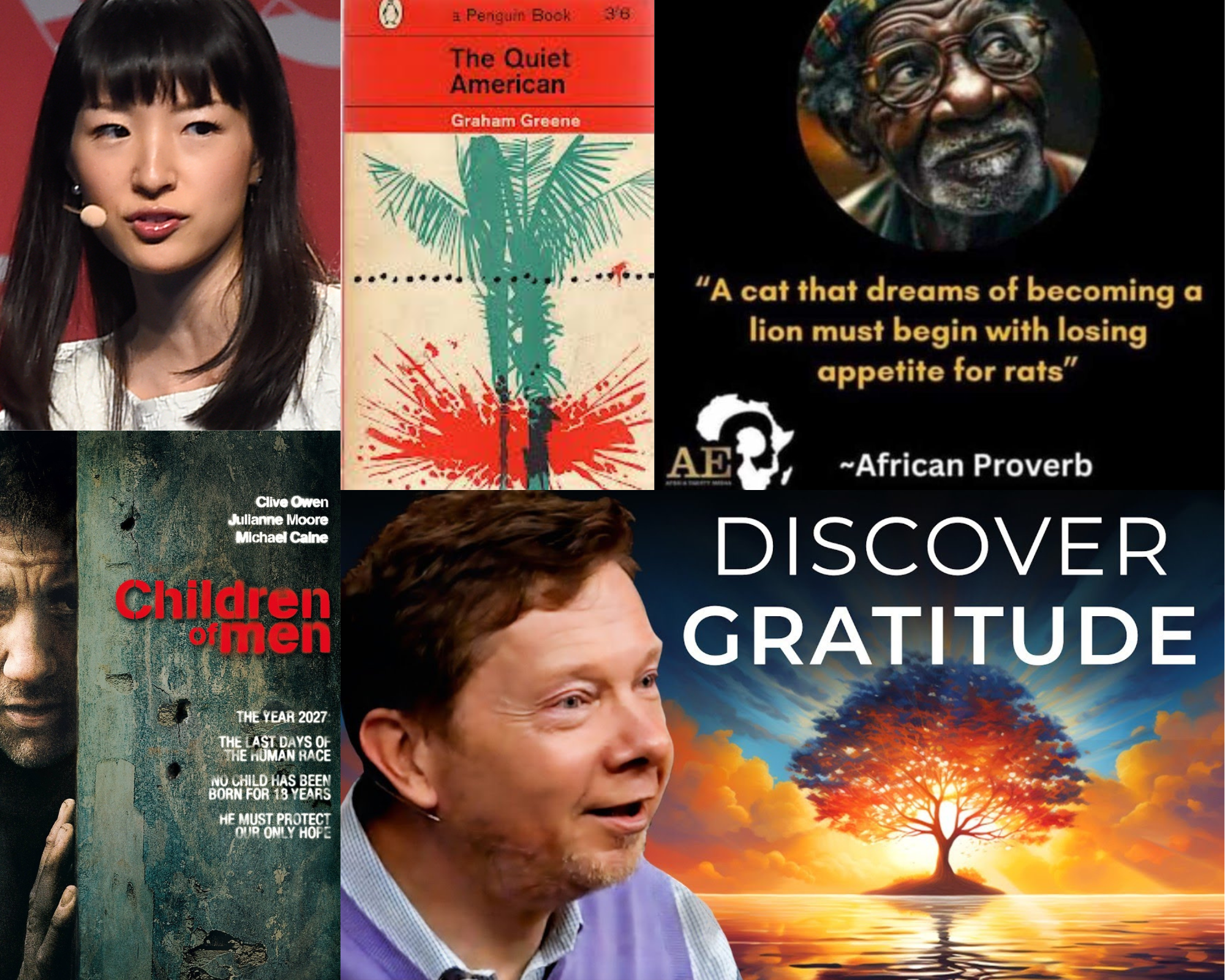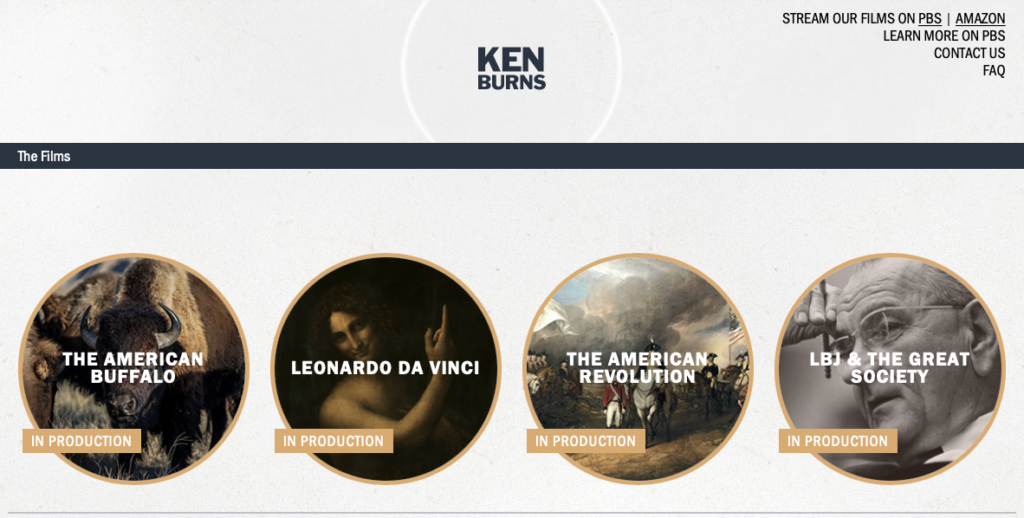Sunday Supplement #182 (November 3rd, 2024)
Below is another Sunday Supplement with a quote worth sharing, a book worth reading, a movie worth watching, brainfood worth consuming, and a spiritual passage worth pondering.
Please take something away from these recommendations that enriches your week ahead!
Quote of the Week:
“Have gratitude for the things you’re discarding. By giving gratitude, you’re giving closure to the relationship with that object, and by doing so, it becomes a lot easier to let go.”
– Marie Kondo
Book of the Week:
The Quiet American – Graham Greene
Graham Greene’s The Quiet American is narrated in the first person by journalist Thomas Fowler and depicts the breakdown of French colonialism in Vietnam and early American involvement in the Vietnam War.
A central subplot to the narrative involves a love triangle between Fowler, a Vietnamese woman named Phoung, and an American CIA agent named Alden Pyle.
Greene’s novel questions the American involvement in Vietnam in the 1950s and explores the subject through its three main characters.
The novel, published in 1955, received much recognition due to its exploration of American involvement in the War, given its eventual outcome.
I featured Graham Greene’s Our Man in Havana in Sunday Supplement #153. I’m grateful I’ve come across his writing and highly recommend his books.
Movie of the Week:
Alfonso Cuarón’s Children of Men, based on the Phyllis Dorothy James novel, tells the story of a world set in 2027 that struggles to survive after women have become infertile.
A former activist agrees to help transport a miraculously pregnant woman to a sanctuary at sea amid a world in chaos.
The film features standout leading performances from Clive Owen and Clare-Hope Ashley and a brilliant supporting cast that includes Michael Kane, Chiwetel Ejiofor, and Julianne Moore.
The Children of Men is an excellently crafted story and a wild viewing experience. I’ve only seen this film a couple of times, but it sticks in your memory.
Brainfood of the Week:
Practicing Gratitude for the Present Moment | Eckhart Tolle
I’ve featured Eckhart Tolle in previous Sunday Supplements and may have featured the longer source from which this week’s clip originates.
I’m highlighting this short clip because I believe it addresses a crucial misunderstanding of common experiences of practicing gratitude.
Tolle discusses how being grateful for what you have puts you in a state of comparison. Instead, Tolle suggests shifting toward appreciation in the present moment.
It’s an interesting one-minute lesson worth pondering. If you enjoy it, I’d recommend checking out Tolle’s work.
Closing Spiritual Passage:
“A cat that dreams of becoming a lion must lose its appetite for rats.”
– African Proverb
This African proverb reminded me of the old habits that had helped me in the past but were no longer helpful as I grew older.
I believe it is easy to get stuck in an old routine because it can be safe, familiar, and comfortable. At certain points in our lives, these habits can help us, but if we wish to grow, we must embrace change.
One of my friends taught me a helpful exercise for letting go of old habits. It involves recognizing that the behaviors were there to help us deal with a certain part of our lives, being thankful but acknowledging they no longer serve us, and committing to moving forward.
Be grateful for the things that have helped you survive, continue to grow, and have a blessed week ahead!


